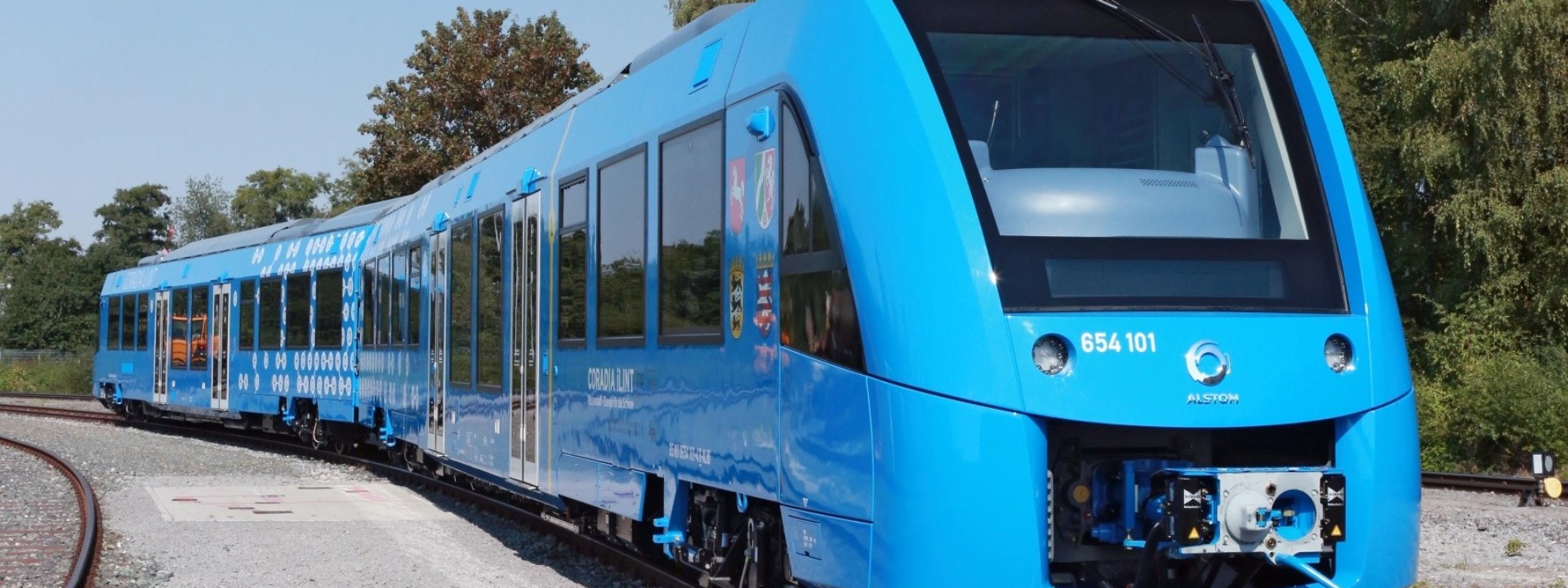| Facts | |
|---|---|
| Industry | Rail, Industry |
| Client | RheinMain Verkehrsverbund (RMV), Rhine/Main Regional Transport Association, Fahrzeugmanagement Region Frankfurt RheinMain GmbH (fahma) |
| Involved | TÜV Rheinland InterTraffic GmbH |
| Time frame | 06/2017 – 03/2020 |
| Project location | Rhine-Main area (Frankfurt) |
| Main services |
|
| Focus/goal |
|
ABOUT TÜV RHEINLAND
Safety and quality in almost all areas of business and life: TÜV Rheinland has stood for this for almost 150 years. Creating quality and safety for ever new products and technologies in ever new markets. Today, the company is committed to this with more than 21,000 employees in many countries around the globe and a worldwide network of testing and laboratory centers. On the threshold of the fourth industrial revolution, exciting questions are at stake: How can self-controlling industrial systems and the "Internet of Things" be controlled? What do data protection and information security mean in the digitally networked world? What measures can be taken to make energy supply and mobility environmentally and consumer-friendly?
Global standards for new technologies are needed to minimize the risks associated with the use of innovative products and processes. While around 150 years ago, it was steam engines that became safer thanks to the work of TÜV Rheinland, today the focus is on storage systems for renewable energies, the safety of networked industrial plants, artificial intelligence, or the development of a sustainable hydrogen economy, for example.

